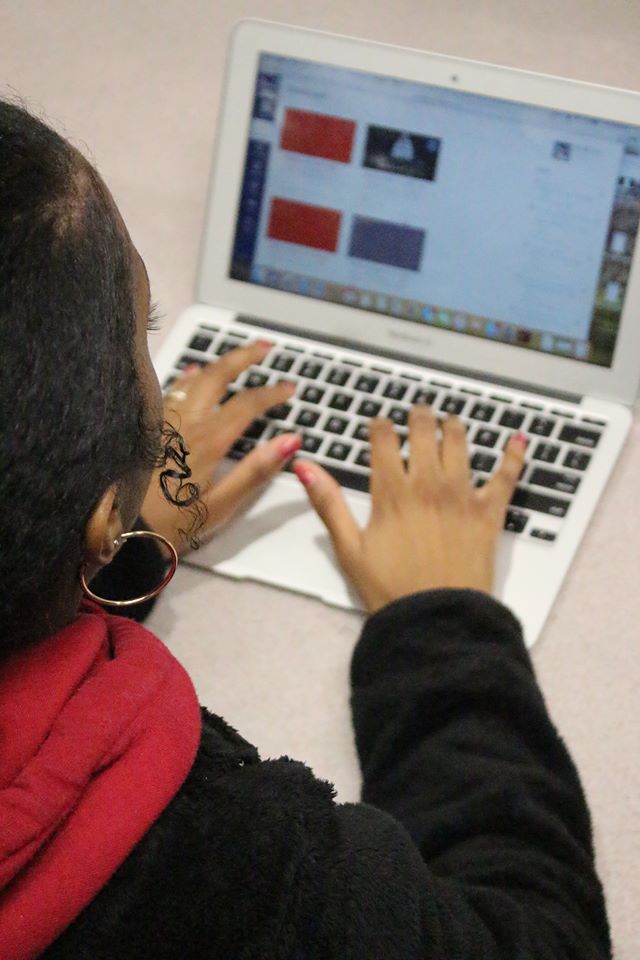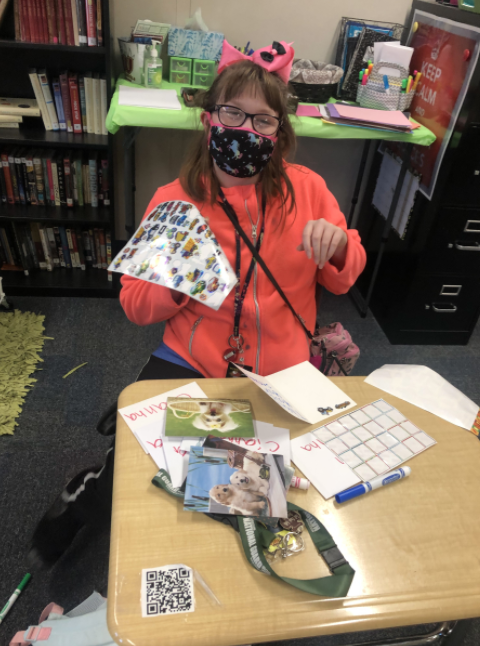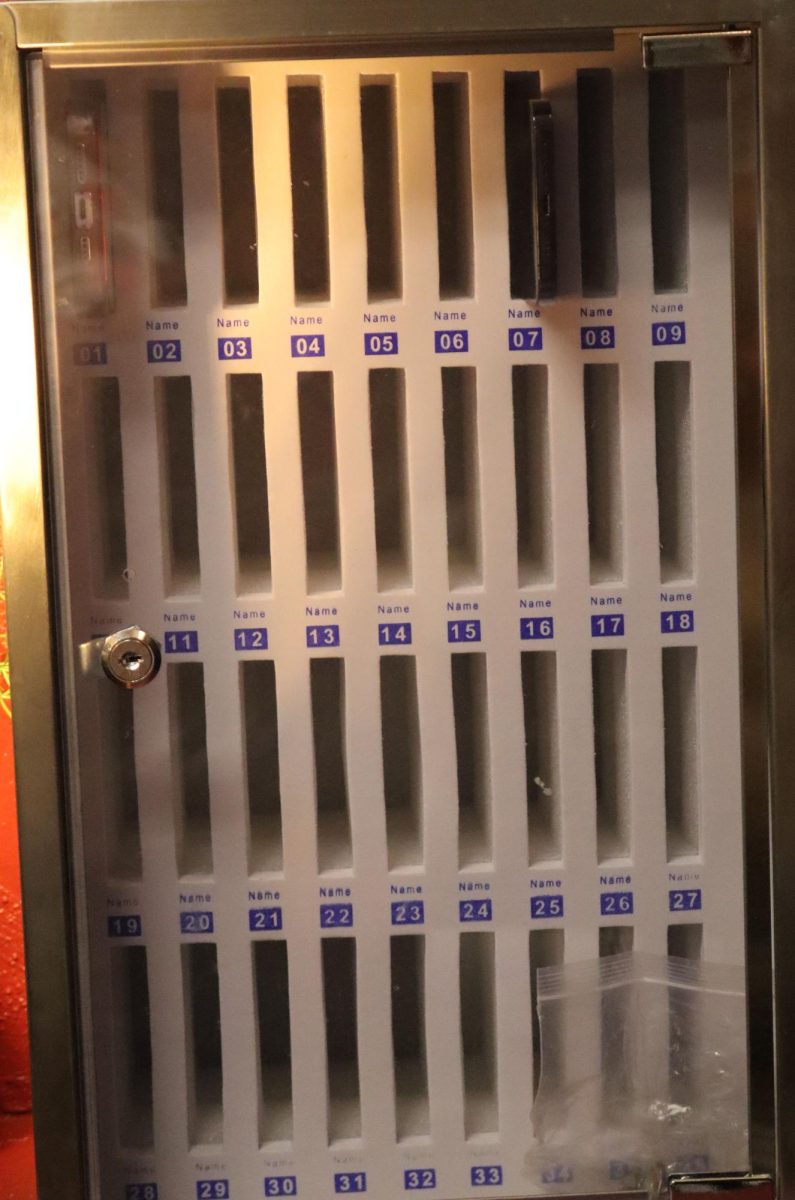To plug or unplug…
Are there consequences for increased technology use in the classroom?
November 1, 2018

Just last year North Kansas City Schools introduced the one-to-one initiative, allowing every one of their high school students access to a laptop.
“We spend $2.1 million a year on 20,814 students. So, it works out to $100 a year [per student] is spent on technology in the classroom,” said Eric Sipes, executive director of instructional technology of North Kansas City School District.
That money goes towards many things, including iPads, MacBook Airs, software programs, and technology specialists. Teachers use this technology to help teach lessons, enter grades, assign homework and more. Similarly, students use the technology to complete their assignments, conduct research and access materials outside of school.
While this might sound purely beneficial in theory, sometimes school-provided technology isn’t being used appropriately, according to teachers.
“Today with computers and cellphones, kids are more distracted than they’ve ever been,” said history teacher Robert Burdick. “It’s really hard to control it. Kids are really sneaky with it because they can easily switch the screen.”
According to an international study conducted by the Organisation for Economic Co-operation and Development, 15-year-old students across 31 nations who had an increase in computer use in class had a direct decrease on their reading and math scores.
“Students who spend more than 6 hours per day online outside of school are more likely to report that they feel lonely at school, arrive late or skip days of school,” stated the same study.
“Technology is a good form of communication to make sure that everyone is informed in the class,” sophomore Elizabeth O’Dell said.
The switch to uploading assignments online has given students more freedom to work at home and at their own pace. Further, with schoolwork moving to online forums, less paper is being wasted on textbooks, notebook paper and hardcopy submissions of assignments. Writing papers and essays online can teach students valuable skills that they could use later on in the workforce. According to an infographic done by Secure Edge Networks, 86% of students say that tablets help them to study more efficiently.
With technology use becoming more ubiquitous, districts will need to evaluate how much of a presence technology should have in their classroom.
“It’s kind of scary when you think about the future; you don’t know what the future holds,” senior Maxwell Ray said.












































